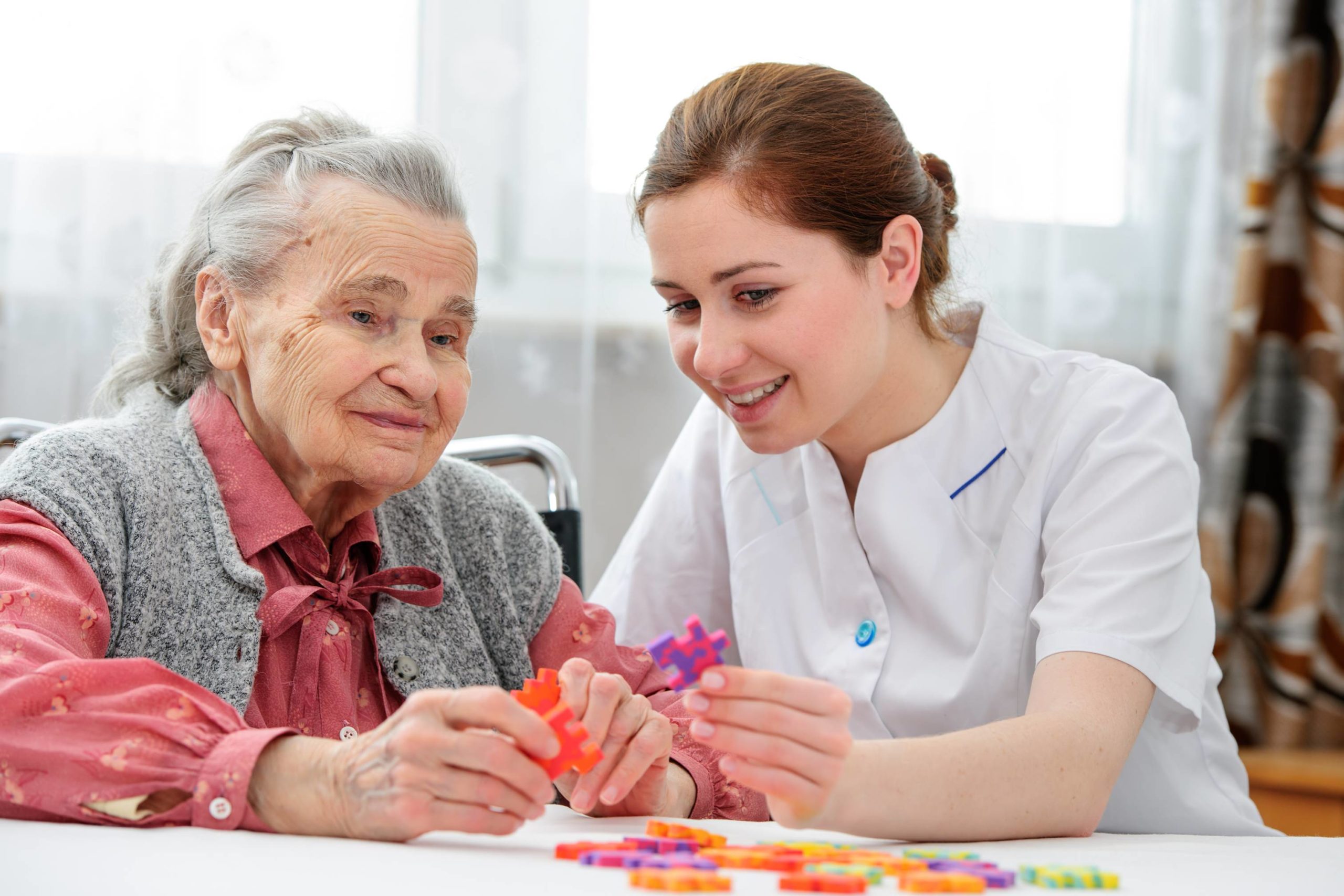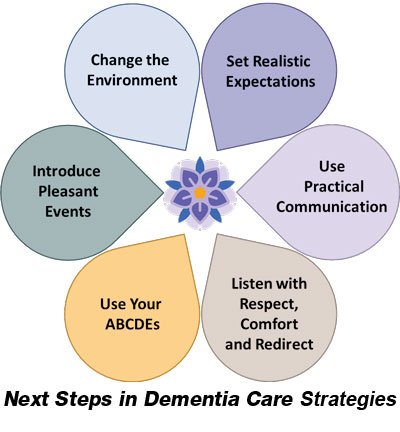What Makes a Charlotte Care Home the Dreamland for Compassionate Care
What Makes a Charlotte Care Home the Dreamland for Compassionate Care
Blog Article
Creating a Helpful Setting With Professional Mental Deterioration Care
Developing a helpful environment for individuals with dementia demands a complex technique that incorporates experienced treatment techniques customized to their special requirements. The role of caregivers in this dynamic can not be overlooked, as their health is similarly vital to providing compassionate care.
Recognizing Dementia Requirements
When attending to the intricacies of mental deterioration care, comprehending the unique requirements of people living with this condition is critical - Memory Care Charlotte. Dementia is a complex cognitive condition that influences memory, reasoning, and daily performance. Caretakers and health care experts have to recognize that each person's experience with dementia differs substantially, affected by factors such as the type of dementia, phase of the disease, and personal background.
Effective mental deterioration care necessitates a person-centered method that appreciates the individual's regimens, values, and choices. This includes cultivating open interaction, which can aid caregivers determine the certain needs and wishes of those they sustain. Furthermore, recognizing behavioral modifications, such as frustration or withdrawal, is vital, as these habits frequently signify unmet demands or discomfort.
In addition, caregivers need to be geared up with understanding regarding the mental and psychological facets of dementia. People may experience sensations of complication, unhappiness, or irritation, demanding compassionate reactions that verify their experiences. By growing an environment of compassion and understanding, caregivers can improve the lifestyle for individuals with dementia, ensuring they really feel valued and sustained throughout their journey.
Creating Safe Spaces
Producing safe rooms for people with dementia is important, as a properly designed atmosphere can considerably improve their sense of security and self-reliance. The physical layout of a space need to prioritize safety while promoting autonomy. This consists of decreasing obstacles, making sure clear pathways, and using non-slip flooring to lower the danger of falls.
Including acquainted and calming elements, such as personal photos and treasured belongings, can help relieve anxiousness and produce a feeling of belonging. Furthermore, utilizing suitable lighting is critical; natural light is more effective, however soft, adjustable lights can assist avoid complication and disorientation during various times of day.

Interaction Strategies
Reliable interaction strategies are important for cultivating meaningful communications with individuals coping with dementia. Provided the cognitive difficulties connected with this condition, caregivers have to use methods that enhance understanding and minimize stress.
One important technique is to preserve eye contact and use a tranquility, gentle intonation. This strategy assists to develop depend on and signals that the caregiver is fully engaged. In addition, utilizing straightforward, clear language and avoiding complicated sentences can assist in much better understanding. It is also advantageous to ask yes-or-no concerns, as these are simpler for individuals with mental deterioration to process and answer.
Non-verbal communication plays a substantial role too; gestures, faces, and touch can convey empathy and connection. Caregivers need to be attuned to the individual's non-verbal cues to assess their emotion and adjust their technique appropriately.
Individuals with dementia may need added time to procedure details and develop their ideas. By applying these interaction methods, caretakers can produce a helpful environment that improves the health of people living with mental deterioration.
Involving Activities
Involving tasks play a crucial role in improving the high quality of life for people coping with mental deterioration, enhancing the interaction techniques previously reviewed. These tasks not just give cognitive stimulation yet likewise cultivate a feeling of purpose and belonging. Customizing activities to straighten with the individual's capabilities, choices, and interests is necessary for making best use of engagement.
Imaginative searches, such as art and songs therapy, can stimulate emotions and memories, promoting connections with caregivers and peers. Simple jobs like horticulture or food preparation enable significant engagement, encouraging independence and self-worth. Additionally, physical tasks, including strolling or mild exercises, advertise overall wellness and can decrease anxiousness and agitation.

Support Resources for Caregivers
Caring for a specific with mental deterioration can be an overwhelming experience, making access to support sources important for caregivers' well-being. Various sources are offered to assist caretakers in taking care of the useful and emotional obstacles connected with mental deterioration treatment.
Neighborhood assistance groups provide an important platform for caregivers to share experiences, receive encouragement, and gain understandings from others facing similar obstacles. Lots of companies, such as the Alzheimer's Organization, use curricula and workshops that boost caretakers' skills and knowledge about dementia.
Additionally, reprieve treatment services can be important, permitting caregivers to take essential breaks without endangering the treatment provided to their liked ones. This kind of support can prevent caregiver exhaustion, promoting general mental and physical wellness.
On the internet resources, consisting of forums and web sites committed to mental deterioration care, provide caretakers the versatility of accessing information and neighborhood support at their comfort. Mental wellness experts specializing in caretaker support can supply tailored therapy and coping methods.
Integrating these assistance sources into daily routines makes sure that caregivers not just satisfy their obligations properly but additionally prioritize their own health, promoting a much healthier caregiving setting.
Verdict
In final thought, establishing a helpful environment for individuals with dementia necessitates a diverse strategy that resolves their one-of-a-kind needs. Together, these components contribute to a holistic framework that promotes safety, comfort, and psychological wellness for both people with mental deterioration and their caregivers.
Producing a supportive setting for individuals with dementia necessitates a diverse technique that incorporates expert treatment approaches tailored to their unique requirements. Dementia Care Charlotte. Caretakers and health care specialists have to identify that each individual's experience with dementia varies substantially, affected by aspects such as the type of mental deterioration, phase Dementia Care Charlotte of the illness, and personal background
By cultivating an atmosphere of empathy and understanding, caregivers can improve the quality of life for individuals with mental deterioration, ensuring they feel valued and sustained throughout their journey.
By executing these interaction strategies, caretakers can create a helpful environment that boosts the wellness of individuals living with mental deterioration.
Together, these components contribute to an all natural structure that advertises safety, convenience, and emotional wellness for both individuals with mental deterioration and their caregivers.
Report this page